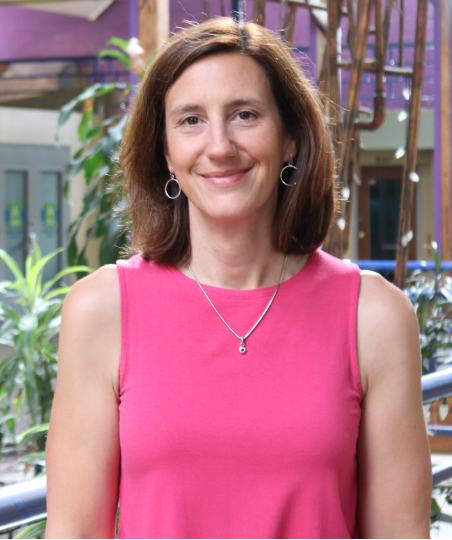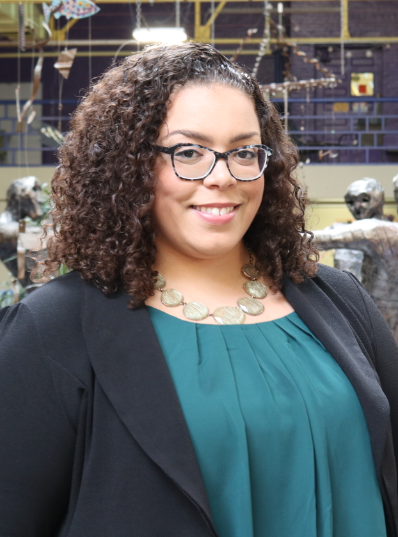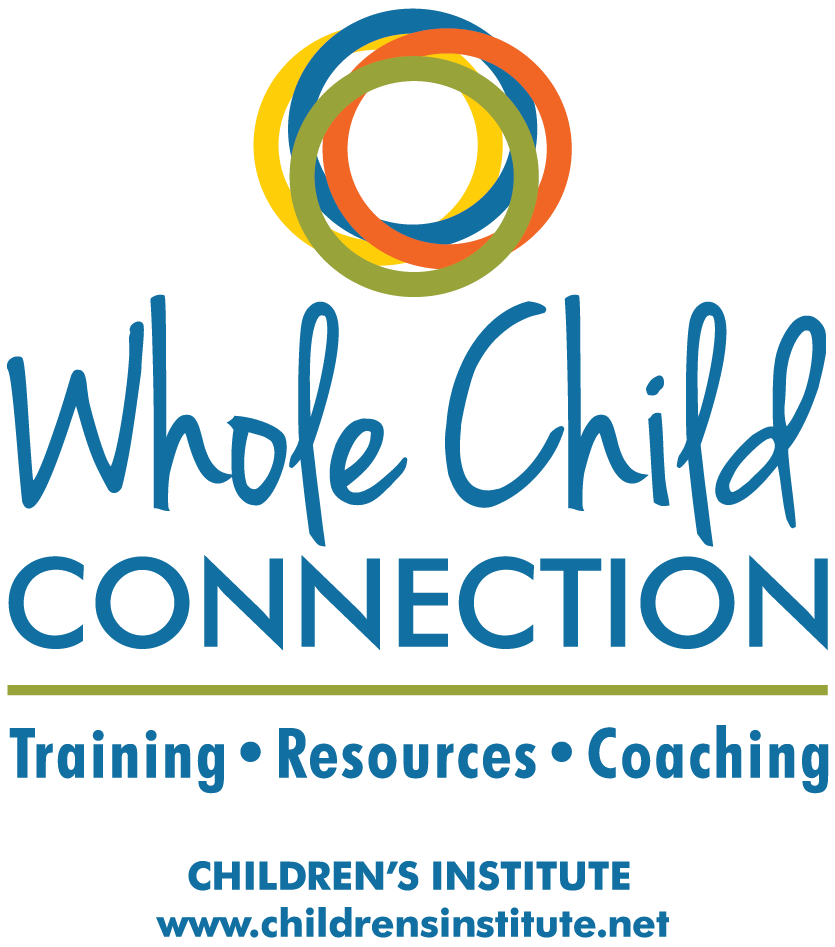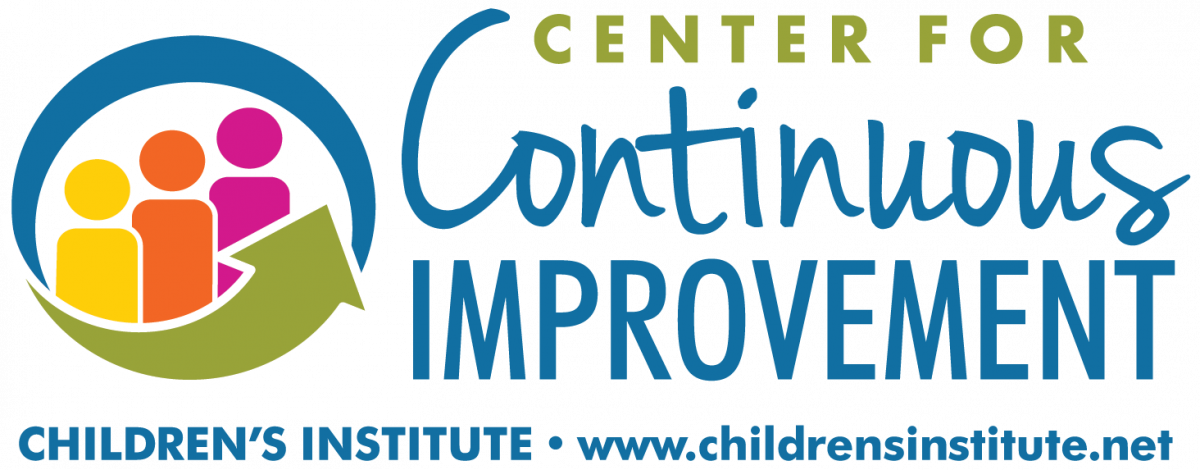 I’ve been thinking a lot these days about the transition from childhood to adolescence. I have a 7th grader who is closing in on 13, and together we are navigating that delicate balance between parental control over what she is doing and experiencing and her own need to explore, be independent, and learn from mistakes. Sure I understood that kids get older and have to become more self-sufficient, but I hadn’t really thought about what that would look like from a parenting perspective, especially with younger children in the house who still need a little more guidance.
I’ve been thinking a lot these days about the transition from childhood to adolescence. I have a 7th grader who is closing in on 13, and together we are navigating that delicate balance between parental control over what she is doing and experiencing and her own need to explore, be independent, and learn from mistakes. Sure I understood that kids get older and have to become more self-sufficient, but I hadn’t really thought about what that would look like from a parenting perspective, especially with younger children in the house who still need a little more guidance.
Take screen time, for example. One hour of screen time a day works well as a rule for my 6 year old. When I tell him “time’s up” he turns his device off with only minor complaints. With my 10 year old it is getting a little more complicated. Does gaming count? How about if she wants to text a friend for 5 minutes? What if she wants to just look something up quickly? But still, with a few easy exceptions, the rules pretty much apply. That said, at age 13, all bets are off. What to do about Face Time calls which can go on for hours between tween girls? How do you quantify time spent on Instagram or texting to coordinate sleepovers? And there is certainly no feasible way to count screen time when the phone is with her all the time and her parents are not. The “rules” of childhood don’t work anymore.
 As part of our expansion in services, we are excited to welcome Sierra Fisher to our team. Sierra joins us as a professional with a wide range of experience in working with children and families. She has spent time as a Teaching Assistant, a Behavior Intervention Specialist, and most recently a Consultant for Education Services providing coaching and leadership development with staff in Rochester area charter schools.
As part of our expansion in services, we are excited to welcome Sierra Fisher to our team. Sierra joins us as a professional with a wide range of experience in working with children and families. She has spent time as a Teaching Assistant, a Behavior Intervention Specialist, and most recently a Consultant for Education Services providing coaching and leadership development with staff in Rochester area charter schools.
Sierra describes her past experiences as working with children with the highest levels of need, and her deep empathy and compassion for these young people has committed her to a career in supporting students and the adults who work with them. We see so much unique experience in Sierra’s past that ties directly to our mission of intentional whole child development.
She reflects that “it’s a mindset shift, having worked in self-contained classrooms. I understand the importance of teaching social and emotional skills.… I can’t help but wonder what can be done differently before our students require the highest level of support. Once we’re there, I feel like we’re just playing catch up.”

Dear partners,
We wanted you to be the first to hear our exciting news. The SEL Center and the Training, Resources, and Coaching Center (TRACC) for Whole Child Health have merged in an effort to better serve the community with an expanded array of resources and staff. With this message we are introducing you to our new name - Whole Child Connection!

By Christine Merle
There has been much writing circling around education forums lately around the idea of recess – specifically, ending the practice of taking away recess as a consequence. We know from the American Academy of Pediatrics that “recess serves as a necessary break from the rigors of concentrated, academic challenges in the classroom” and that “safe, well-supervised recess offers cognitive, social, emotional, and physical benefits” to children that are key to their development. Taking away recess is not proven to change behavior, and it can actually exacerbate challenges with students who truly need that time as an emotional and physical escape.
But it’s tough. We hear from so many educators that they need that card in their back pocket, they need to be able to use recess as a lever to get their class to behave. It serves as a simple equation kids can understand: “if we don’t get our work done, we can’t go out for recess.” With so many other struggles that teachers face, how can we also ask them to give up that trump card?

The Center for Continuous Improvement (CCI) is a newly-created area within Children’s Institute, a not-for-profit 501(c)(3) organization affiliated with the University of Rochester. Throughout Children’s Institute's 60-year history of research and programming to support children's social-emotional development and well-being, it has demonstrated commitment to continuous improvement. This commitment is strengthened through the dedication of staff and resources with a clear focus on identifying, developing, and promoting effective ongoing assessment practices that result in providing children and families with the best evidence supported services possible.